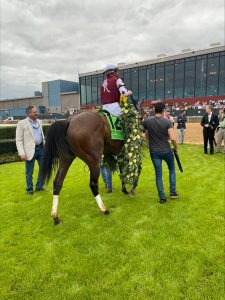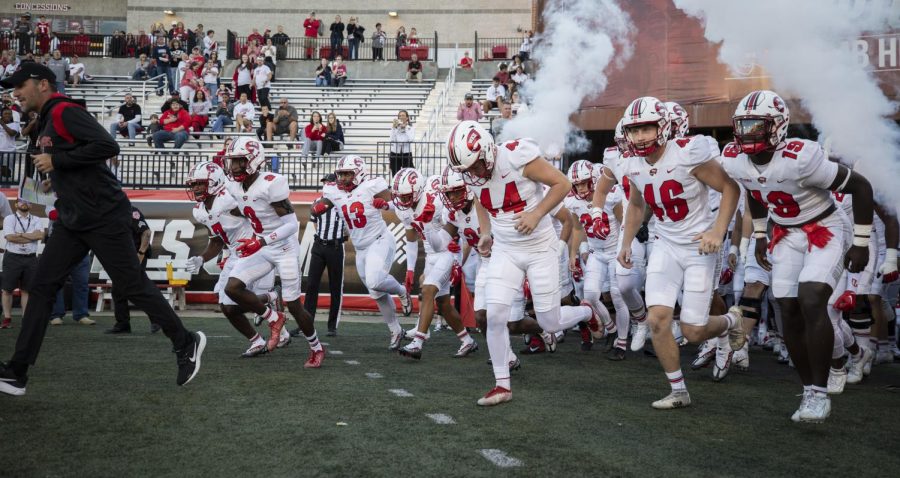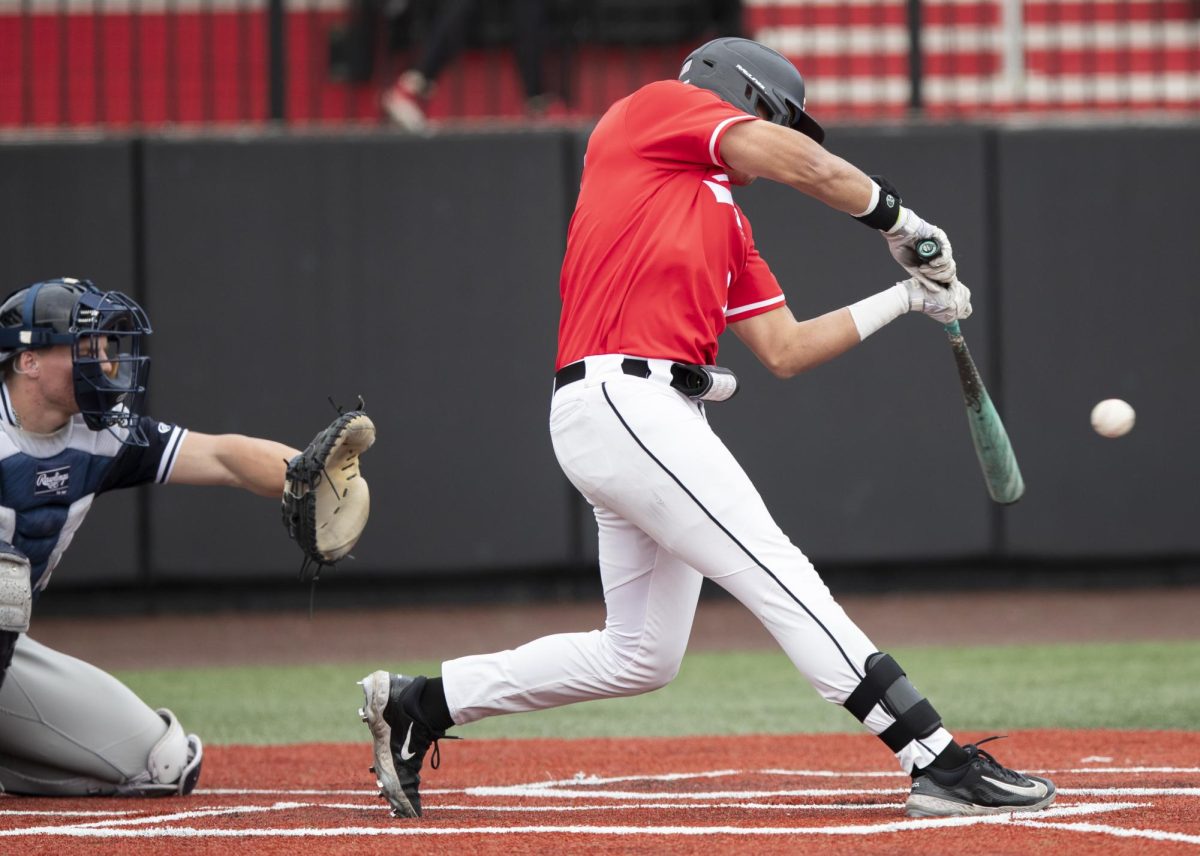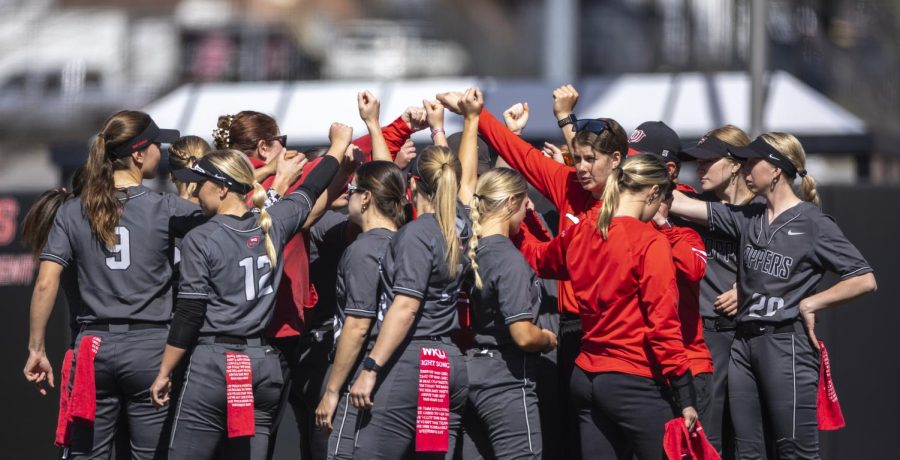COLUMN: Monday a day to celebrate Tupac’s legacy
September 10, 2010
Monday will be bittersweet. Maybe not for most of you walking around campus, but undoubtedly for thousands of others creating a special playlist or tuning in to radio stations that will loop some of the most influential music of the ‘90s.
I was only a third-grader when Tupac died. I probably shouldn’t have been listening to his music or watching his movies then, and God knows I didn’t understand it all. But I knew I liked him.
That like has grown into love and a desire to know more about him. Some say he’s overrated and some don’t see his importance to society. But he contributed more than people realize, and I’m certain that 50 years from now, he’ll be as relevant as any historical figure we study now.
Beyond scripts and lyrics, Tupac was a revolutionary. ‘Pac spoke for the urban youth who never knew they had a voice.
If given the chance – that is, if he wasn’t murdered, leaving no chance to reach his potential – he could have mobilized a left-behind demographic to be the kind of informed activist he was. Surely, you’re thinking, “Anyone could do that.” But we all know celebrity equals greater influence.
Speaking of influence, his knowledge of authors and philosophers like Maya Angelou and Machiavelli led him to write poetry and other literature of equal eloquence.
More than satisfying my reading pleasures, though, Tupac, with his conflicting images – sometimes an inspirational speaker, sometimes a black supremacist, sometimes a reckless misfit – showed me that vulnerability was acceptable.
He never hesitated to admit his flaws or share his hardships. And because he was outspoken and even embraced the negativity, he gave other people confidence to do so.
Sure, I’m a biased fan, but others have taken notice. There have been courses offered at the University of California-Berkeley, University of Washington and Harvard University studying his lyrics and their relation to past works with similar themes. Walls around the world are painted with graffiti in his memory. So I’m not alone in my appreciation of his legacy.
‘Pac and I have very little in common. I’ve never been homeless. I’ve never been sprayed by bullets. My mother has never battled a drug addiction (hell, she rarely even drinks alcohol). And I’m no celebrity — my fame is limited to a byline. But we are connected.
By our affinity for music and culture, by our self-assuredness, by our poetry, by our urge to be something great, our black pride, our desire to reach out to those who need it and our constant tug-of-war between the two souls that define us, we are connected.
‘Pac was essentially a regular guy with a common story. But his word art put him on another level. Still, he showed me that you don’t have to be a scholar or a monarch or a ruler, like Tupac Amaru, the last native Incan leader he was named after, to change lives. You can simply pour your thoughts on paper, spanning every human emotion, connecting us all.
So, Monday (or any other day), if you hear “Thugs Mansion,” “Changes,” or “Point the Finga” blasting from a car window, it’ll be me. Enjoying his gift, celebrating his life, and hoping we all realize that, like the emotions projected through his music, we have the same heart.
This commentary doesn’t necessarily represent the views of the Herald or the university.






![Students cheer for Senator at Large Jaden Marshall after being announced as the Intercultural Student Engagement Center Senator for the 24th Senate on Wednesday, April 17 in the Senate Chamber in DSU. Ive done everything in my power, Ive said it 100 times, to be for the students, Marshall said. So, not only to win, but to hear that reaction for me by the other students is just something that shows people actually care about me [and] really support me.](https://wkuherald.com/wp-content/uploads/2024/04/jadenmarshall-300x211.jpg)















